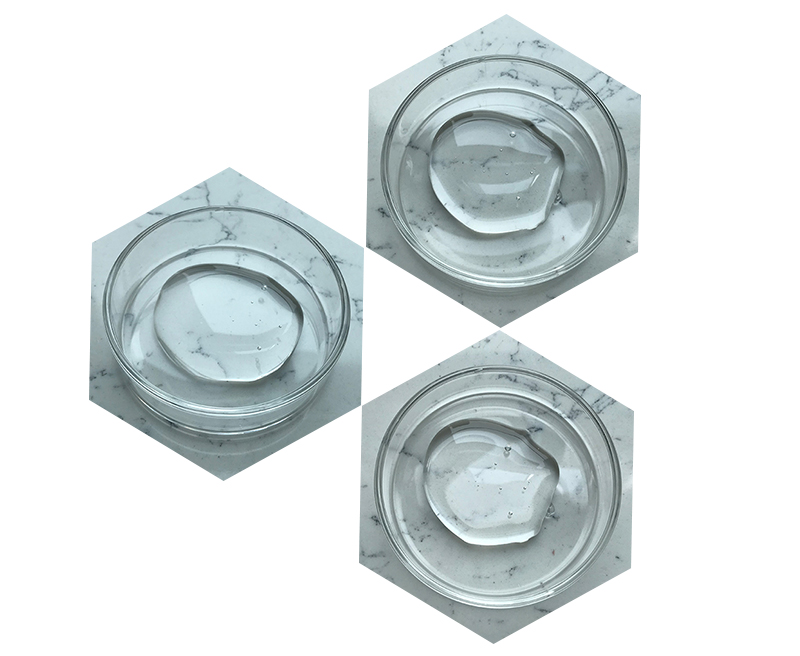D-Panthenol, also known as provitamin B5, is a popular compound in cosmetics and dermatology due to its moisturizing, healing, and anti-inflammatory properties. Research on D-Panthenol spans multiple fields, including pharmacology, dermatology, biochemistry, and even food science. Some key research directions for D-Panthenol include:
1. Wound Healing and Skin Regeneration
- Mechanisms of Action: Investigating how D-Panthenol promotes wound healing at the cellular level, such as its effects on cell proliferation, migration, and collagen synthesis. Understanding its role in re-epithelialization and tissue repair could lead to more effective treatments for chronic wounds, burns, and skin ulcers.
- Clinical Applications: Exploring its potential as an adjunct in post-surgical care, or in conditions like diabetic foot ulcers, where wound healing is often impaired.
2. Anti-Inflammatory and Antioxidant Effects
- Skin Inflammation: D-Panthenol’s ability to reduce inflammation makes it a subject of interest in treating inflammatory skin conditions such as eczema, psoriasis, and rosacea. Studies could investigate its mechanisms in reducing pro-inflammatory cytokines or modulating the skin’s immune response.
- Oxidative Stress: Research into how D-Panthenol acts as an antioxidant could further elucidate its potential in preventing oxidative damage, aging, and skin cancers.

3. Hair Care and Scalp Health
- Hair Growth: D-Panthenol is known to improve hair appearance and health by increasing hydration and reducing hair breakage. Research can explore its role in promoting hair growth or preventing hair loss by interacting with hair follicle cells.
- Scalp Disorders: Investigating how D-Panthenol can be used in treating scalp conditions like seborrheic dermatitis or dandruff due to its soothing and moisturizing properties.
4. Cosmetic Formulation and Delivery Systems
- Stability and Efficacy: Research into the stability of D-Panthenol in various formulations (creams, serums, shampoos) under different environmental conditions, and its interaction with other active ingredients.
- Nanotechnology for Enhanced Delivery: Exploring the use of nanoparticles or liposomes to improve the penetration and bioavailability of D-Panthenol in topical treatments, ensuring that it reaches the deeper layers of the skin more effectively.
5. Gut Health and Systemic Benefits
- Gut Microbiome: Investigating whether D-Panthenol, through its role as a precursor to coenzyme A, influences gut health and microbiome composition. Given that the gut-skin axis is increasingly studied, understanding its systemic effects could provide insight into broader therapeutic uses.
- Dietary Supplementation: Studying the impact of oral supplementation of D-Panthenol on overall health, including its possible role in reducing inflammation, boosting energy metabolism, or preventing certain deficiencies.

6. Sun Protection and Skin Barrier Enhancement
- Photoprotective Properties: Examining D-Panthenol’s potential in protecting skin from UV damage and its ability to repair UV-induced skin injury. This could be particularly relevant for formulating sunscreens or after-sun products.
- Skin Barrier Function: Exploring how D-Panthenol contributes to strengthening the skin’s barrier function by improving hydration, and its implications in treating conditions like dry skin, atopic dermatitis, and general skin sensitivity.
7. Neuroprotective Effects
- Central Nervous System Health: D-Panthenol is involved in the synthesis of coenzyme A, which is crucial for energy production and neurotransmitter synthesis. Research could explore its potential neuroprotective effects, such as in reducing cognitive decline, supporting neuronal regeneration, or protecting against neurodegenerative diseases.
8. Allergic Reactions and Sensitization
- Safety and Allergic Sensitization: Although generally regarded as safe, some studies could look into rare instances of allergic reactions or sensitivities to D-Panthenol, especially in cosmetic products. This could lead to better safety guidelines for its use in personal care formulations.

9. Sustainable Synthesis and Green Chemistry
- Eco-friendly Synthesis: Researching more sustainable methods of synthesizing D-Panthenol, reducing the environmental footprint of its production process. This may include exploring biotechnological approaches or using renewable plant sources.
Each of these research directions has the potential to expand the utility of D-Panthenol beyond its current applications and uncover new therapeutic avenues. Would you like more specific details on any of these areas?
